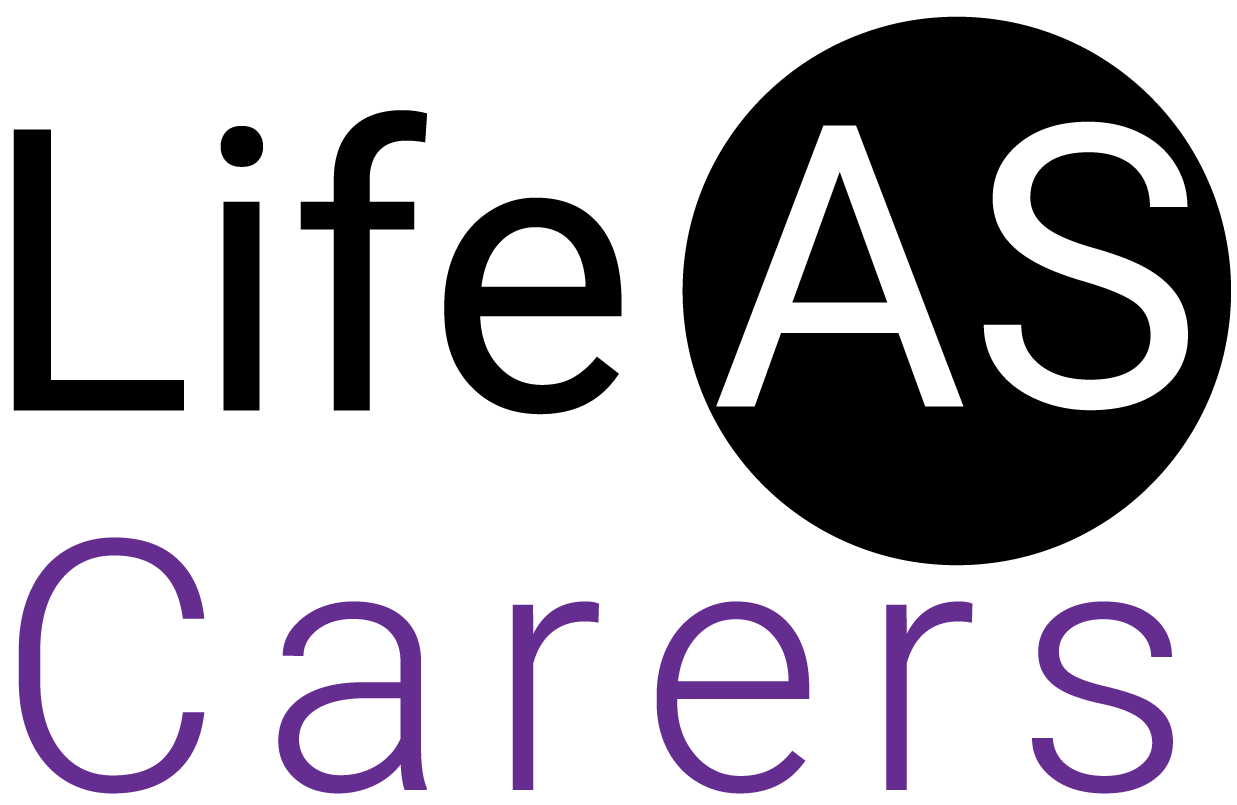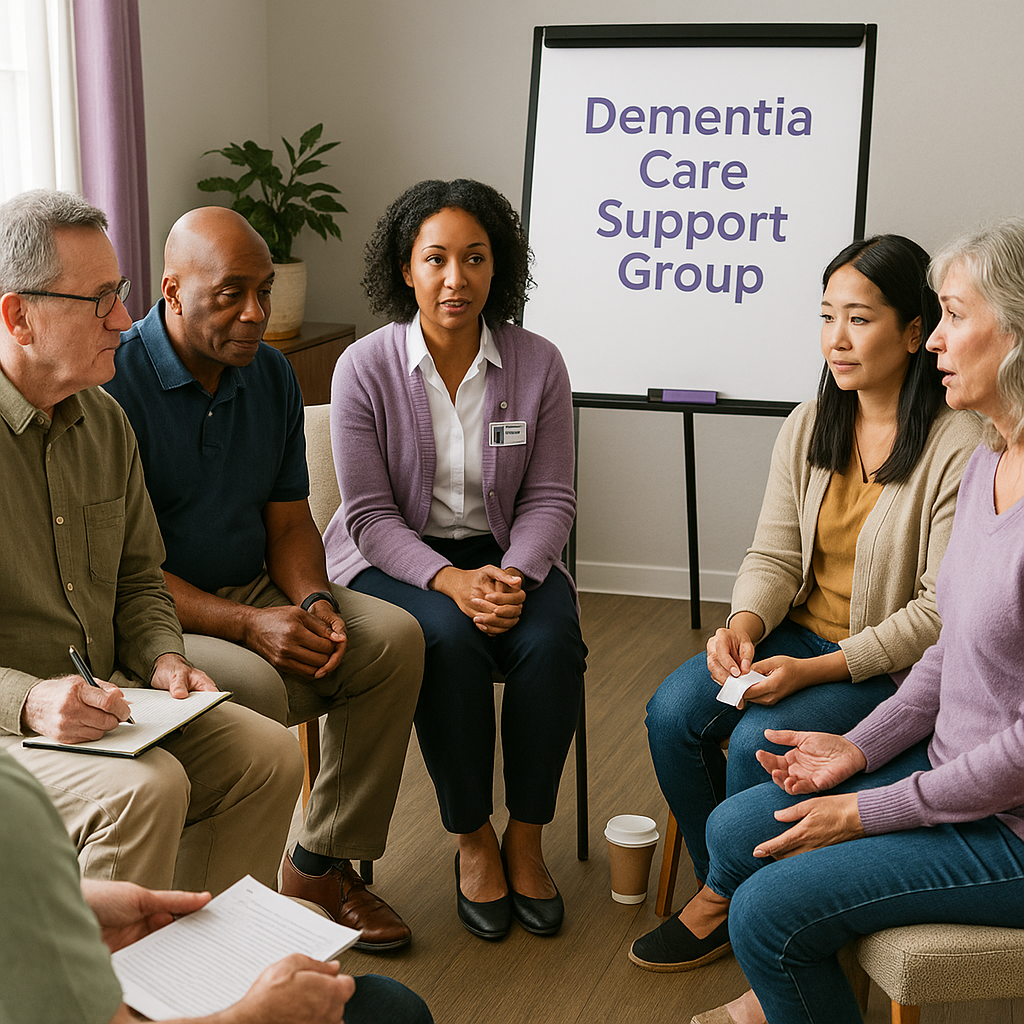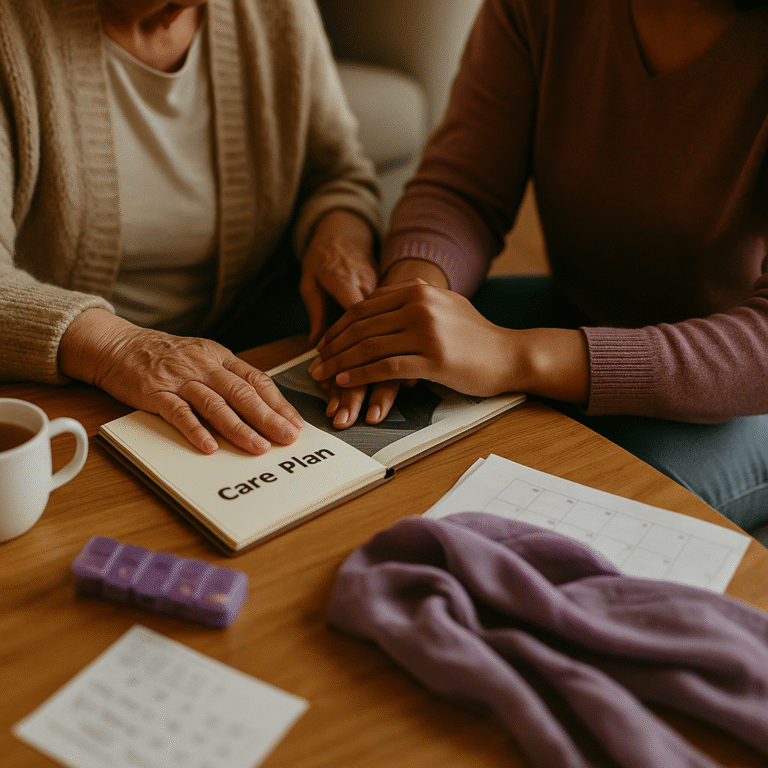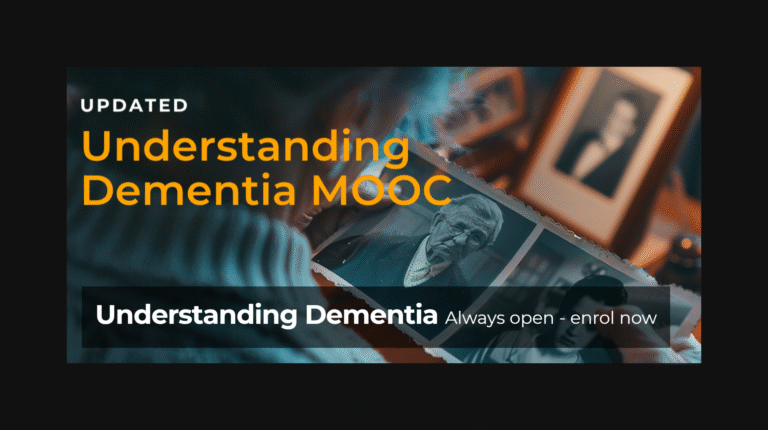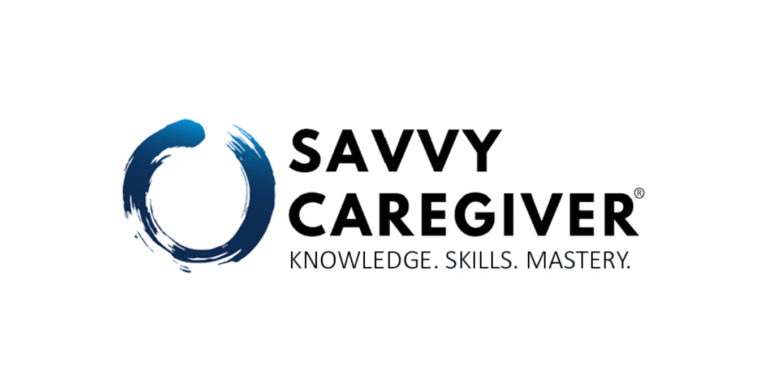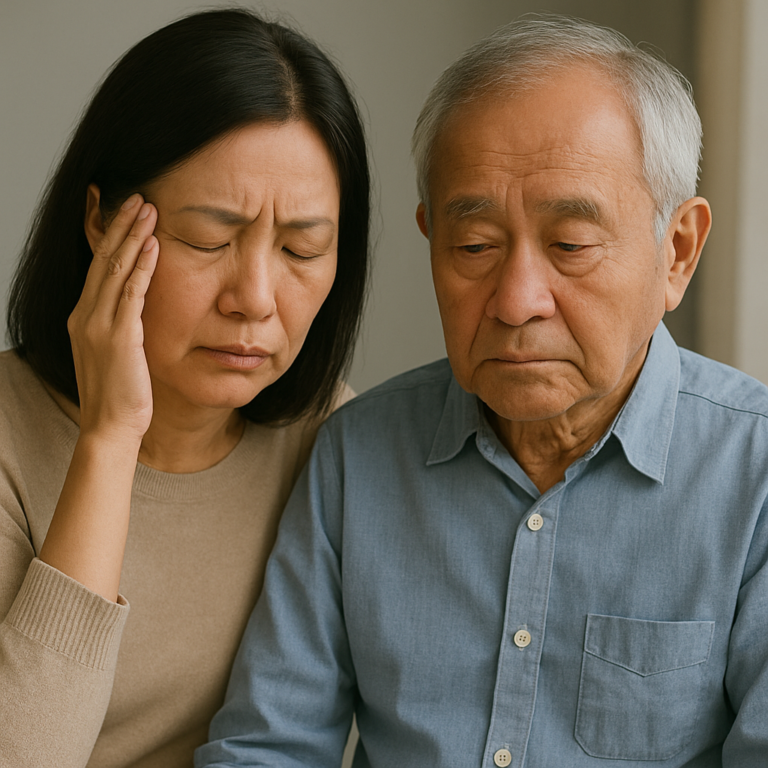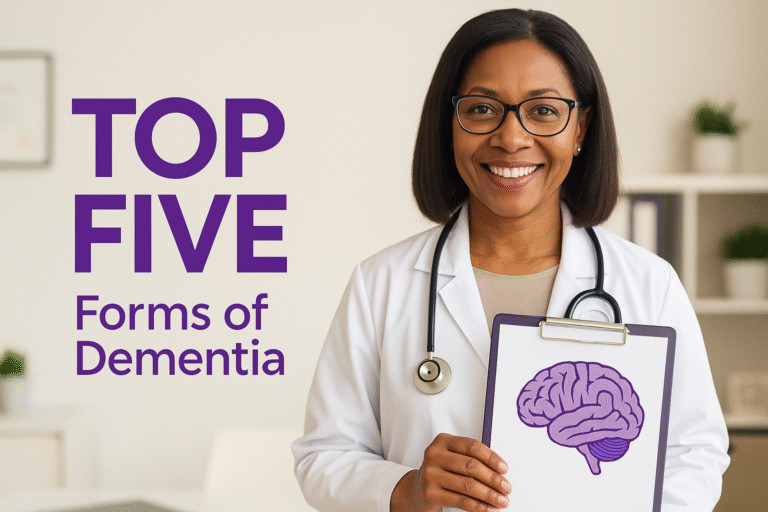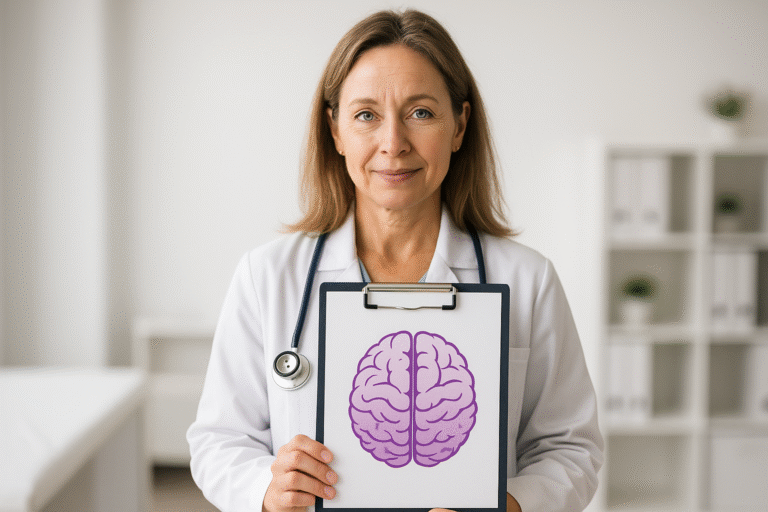Building Caregiver Self-efficacy
Continuing my series on insights from my doctoral research, which focused on personalizing learning for care partners of people living with dementia, I’m exploring the importance of building caregiver self-efficacy.
Being a care partner for someone living with dementia is a complex, emotionally demanding role. While knowledge is important, confidence in one’s ability to manage caregiving challenges, known as self-efficacy, can be just as critical.
Drawing on the work of psychologist Albert Bandura, self-efficacy refers to the belief in one’s ability to successfully execute behaviors needed to produce desired outcomes (Bandura, 1982). In the context of caregiving, higher self-efficacy has been linked to reduced stress, better problem-solving, and greater emotional resilience.
🧠 Why it Matters for Dementia Care Partners:
Caregivers with stronger self-efficacy are more likely to:
-Remain calm in difficult situations
-Try new caregiving strategies
-Seek out resources proactively (e.g., https://www.alz.org/help-support/caregiving)
-Recover more quickly from setbacks
-Feel capable rather than overwhelmed
💡 How We Can Support Care Partner Self-Efficacy:
In my research, I found that targeted learning experiences, designed specifically around the daily challenges caregivers face, can significantly boost confidence and reduce uncertainty. These strategies include:
-Scenario-based learning (e.g., how to handle wandering or aggression)
-Feedback loops that reinforce successful behaviors
-Peer storytelling (e.g., support groups)
-Microlearning modules for “just-in-time” support
When care partners feel confident, they’re not just surviving, they’re adapting, thriving, and better able to provide meaningful, dignified support to those in their care.
Education empowers, confidence sustains, and personalized learning helps care partners build both.
#Caregiving #SelfEfficacy #DementiaCare #WhatILearnedInMyDissertation #Bandura #PersonalizedLearning #CarePartnerSupport #AlzheimersCare #DementiaEducation
Reference: https://psycnet.apa.org/record/1982-25814-001
Medical disclaimer: This article is for educational purposes only. It is not medical advice and does not replace care from your clinician. If you have a medical concern, contact your healthcare professional. If this is an emergency, call 911 (or your local emergency number).
